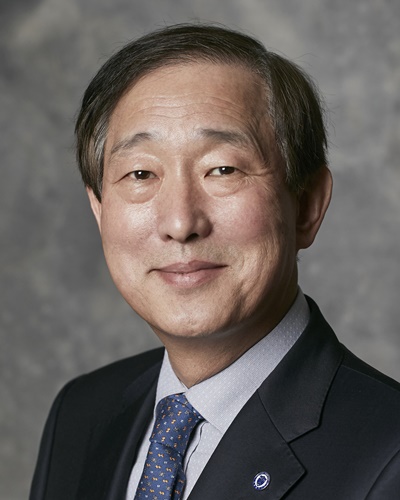Yonsei University Health System said it would spend more than 2 billion won ($1.87 million) in the next 10 years to train 100 medical school students from developing countries suffering from low healthcare benefits.
Named as “Project Avison 10 by 10,” the program aims to produce 10 professionals each year for a decade and become a new model of a medical missionary, the YUHS said.

Yonsei has established the project to commemorate the philanthropic spirit of Dr. Avison at the 133rd anniversary of Chejungwon, the first Western medical institution in Korea, and the 100th anniversary of the first graduation from Yonsei University’s College of Medicine.
Under the program, YUHS will bring medical students to Korea from countries with relatively low medical service standards and insufficient infrastructures such as Kenya, Tanzania, Ethiopia, Nepal, Cambodia, and Mongolia. The hospital will provide them with quality education to prepare them to become medical professors and contribute to the development of the healthcare infrastructure in their home countries.
To nurture 100 medical professionals for 10 years, the YUHS allocated a 2 billion won budget.
The hospital also revised the existing training courses, which had been a one-off.
Selected medical students will receive three invitational training until their medical achievement is equal to a level of professors. The training course will consist of one-month learning during the medical school, three to six months during residency, and year-long training as an expert at a level of a professor.
Senior students of medical school with clinical experience of six months or more will be eligible for application. The selection process includes evaluation of character, academic achievement, and English proficiency.
The Yonsei project also helps students build a network with state-supported medical missionaries or local professors so that they can receive continuous support and guidance after they return to their home countries.
“We will not conduct a repeated, one-time medical staff training anymore. Instead, we will raise medical service providers with long-term and intensive education,” YUHS President Yoon Do-heum said. “The upcoming project will become a new model of a medical missionary.”

